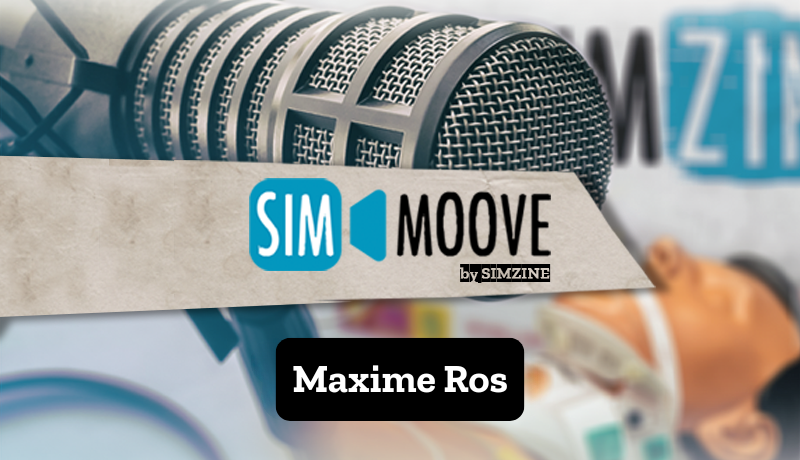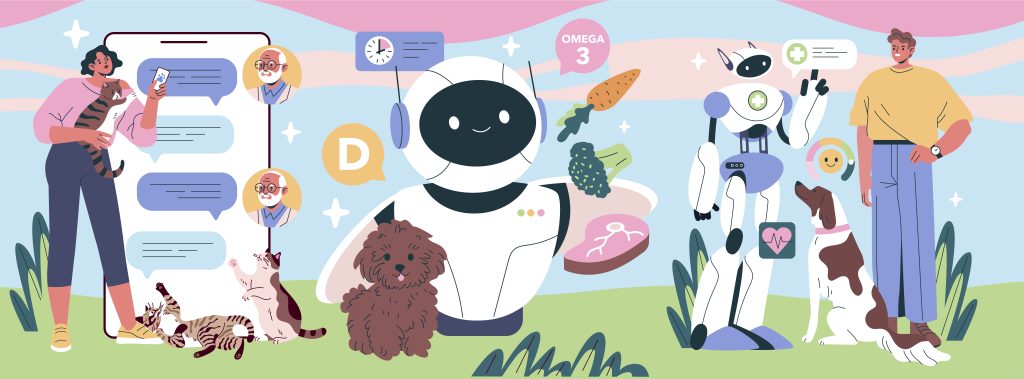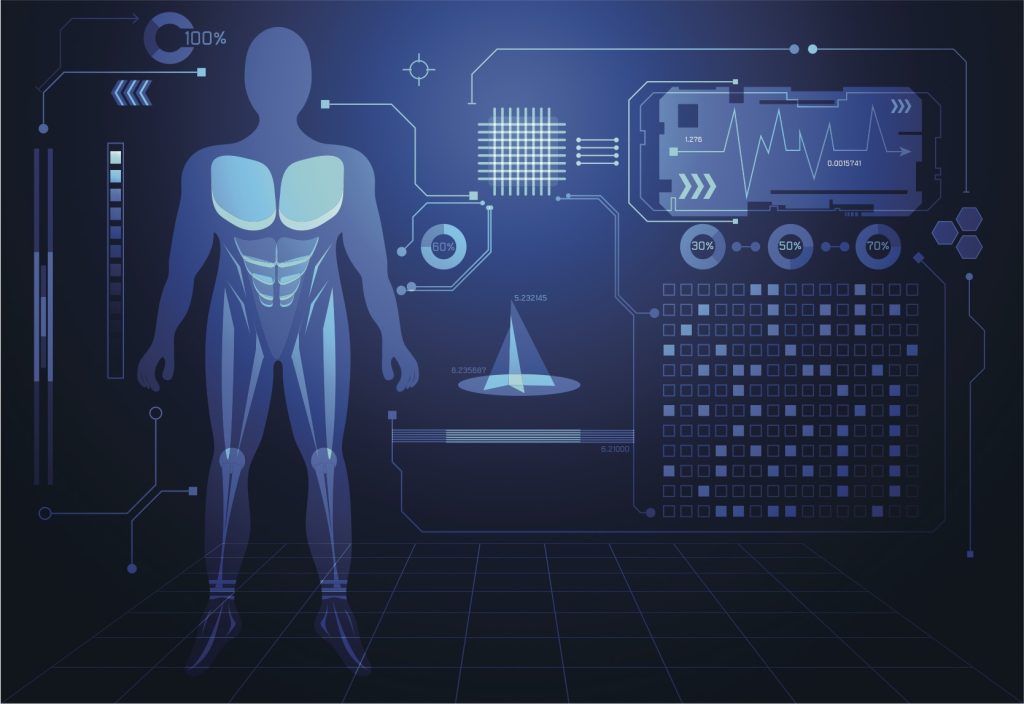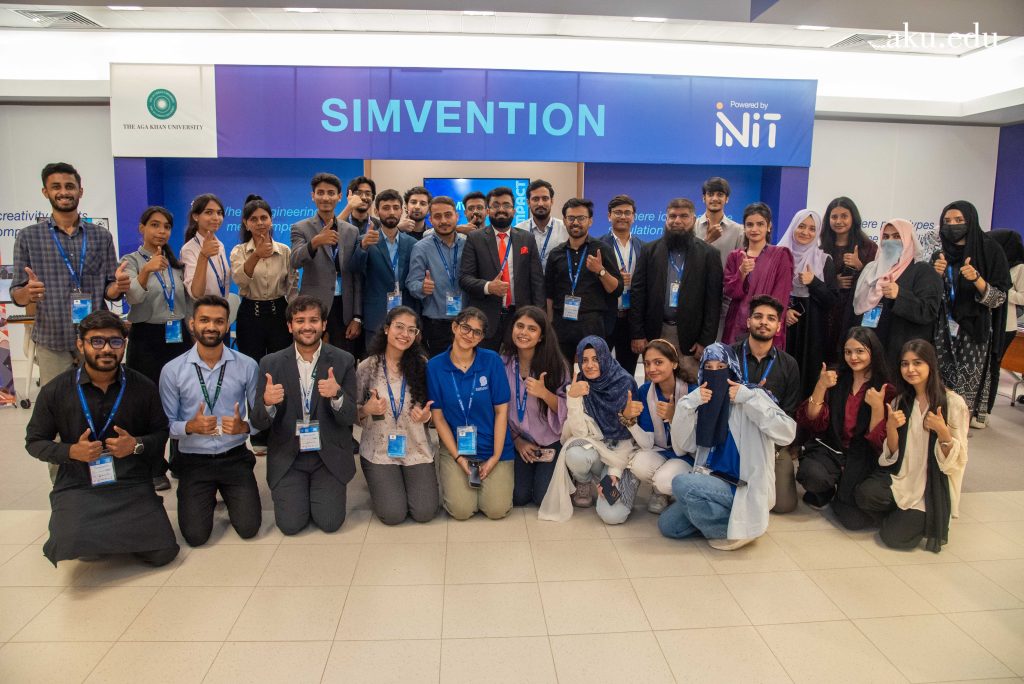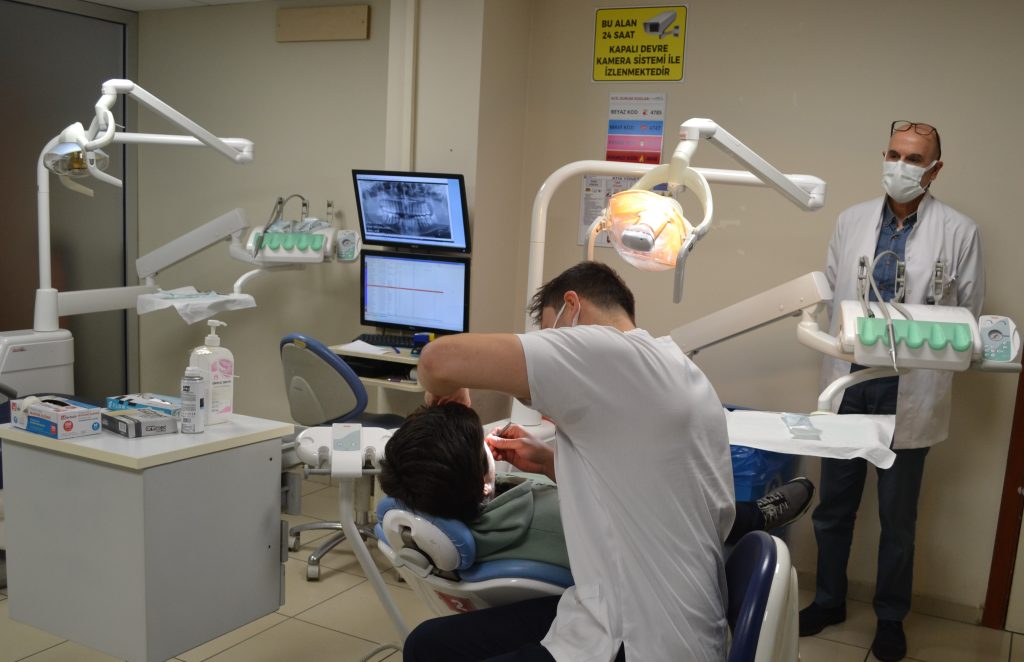Artificial intelligence is transforming healthcare simulation by enabling rapid, adaptive scenario creation and personalized learning. From improving efficiency to aligning with evidence-based standards, AI empowers educators and simulationists to innovate, ensuring training is both effective and clinically relevant.
Exclusive partnership with

Artificial intelligence (AI) is a branch of computer science focused on simulating intelligent and learned behavior in machines, enabling them to mimic and adapt, ideally enhance, human cognition and actions (Patel et al., 2024). A prime example is ChatGPT, an advanced language model developed by OpenAI (2024) based on the GPT-4.0 architecture. Trained on vast amounts of textual data, ChatGPT uses deep learning techniques to generate coherent, contextually relevant responses to prompts, making it a versatile tool for both general and specialized applications.
With the rapid integration of ChatGPT and other AI tools in healthcare education over the past two years, the field stands at a critical juncture. Learners are leveraging AI without comprehensive training or clear guardrails, leading to potential misuse, including reliance on unvetted or inaccurate information. The quality of AI is based on data input therefore inaccuracies may occur. However, when used thoughtfully, AI offers substantial advantages, such as personalized learning pathways, adaptive questioning, case study development, and the ability to clarify complex concepts (Gonzalez, 2024).
Educators are also benefiting from AI’s capabilities, particularly in streamlining the creation of teaching materials. The time required to draft exams, construct prompts, and design learning modules has decreased dramatically. The time saved affords the educator the ability to validate resources produced and increase availability to interact with the learner.

For healthcare educators specializing in simulation-based learning, the arrival of AI represents a paradigm shift. Traditionally, simulation scenarios were sourced from manufacturers or painstakingly developed by experts. While these scenarios should adhere to best practices, such as the Healthcare Simulation Standards of Best Practice® (HSSOBP) (Watts et al., 2021), their creation is labor-intensive and time-consuming.
AI has introduced a groundbreaking approach to simulation design, offering speed and flexibility. By crafting high-quality prompts—descriptive instructions specifying the audience, learner level, objectives, time constraints, decision points, and desired outcomes—simulationists can generate novel scenarios within seconds. AI can even recommend the most suitable simulation modality, whether a standardized patient (SP), mannequin-based scenario, or task trainer. Caution is warranted when adapting AI-generated scenarios as covert biases may be embedded (Gupta, et al., 2022).
An additional advantage is AI’s ability to integrate evidence-based guidelines. For instance, a prompt asking AI to create a respiratory deterioration scenario that incorporates the GOLD Initiative for Chronic Obstructive Lung Disease (2024) standards for COPD management yields not only a realistic case but also aligns it with current clinical standards. AI can also generate references to support scenario elements, though it’s crucial to verify the accuracy of these citations, as occasional inconsistencies persist. Asking AI for a confidence level in its outputs can further enhance reliability.
Simulationists can leverage AI for quality assurance as well. By uploading a simulation review abstract, educators can request AI to appraise it using a standardized rubric, ensuring rigor and adherence to best practices (Harder, 2023). Although the rapid generation of simulations is transformative, the cornerstone of success remains the development of precise, well-considered prompts.
Investing time in crafting these prompts is essential to safeguard against subpar scenarios and maximize the technology’s potential.
The integration of AI also reduces barriers to innovation. Faculty who once struggled with limited resources or expertise in simulation design can now develop creative, impactful scenarios that engage learners while maintaining fidelity to educational objectives. By shifting the emphasis from “learning about technology” to “learning with technology” (Dai et al., 2023), AI enables a new era of simulation-based education that is both dynamic and accessible.
As AI evolves, it is reshaping healthcare simulation into a more efficient, evidence-driven, and learner-centric discipline. By embracing this transformative technology, educators and simulationists can enhance not only the quality of training but also its relevance to real-world clinical practice.
References
Dai, Y., Liu, A., & Lim, C. P. (2023). Reconceptualizing ChatGPT and generative AI as a student-driven innovation in higher education. 33rd CIRP Design Conference, 84–90.
Global Initiative for Chronic Obstructive Lung Disease. (2024). Global strategy for the diagnosis, management, and prevention of chronic obstructive pulmonary disease (2024 report). https://goldcopd.org/2024-gold-report/
Gonzalez, L. (2024, September 16). Nursing education in the era of ChatGPT: Implications and opportunities. Online Journal of Issues in Nursing, 29(3). https://doi.org/10.3912/OJIN.Vol29No03PPT76
Gupta, M., Parra, C. M., & Dennehy, D. (2022). Questioning racial and gender bias in AI-based recommendations: Do espoused national cultural values matter? Information Systems Frontiers, 24(6), 1465–1481. https://doi.org/10.1007/s10796-021-10156-2
Harder, N. (2023). Using ChatGPT in simulation design: What can (or should) it do for you? Clinical Simulation in Nursing, 78, A1-A-2. https://doi.org/10.1016/j.ecns.2023.02.01
OpenAI. (n.d.) ChatGPT. https://www.openai.com
Patel, A.P., et al. (2024). Future Directions for Integrating Artificial Intelligence in Simulation-based Healthcare [White paper] (I. T. Gross, A. P. Patel, & M. Bajwa, Eds.; ISBN 979-8-9920505-0-9). Myakka City, FL: CHESI LLC. https://aisimhealthcollab.org)
READ ALSO

































